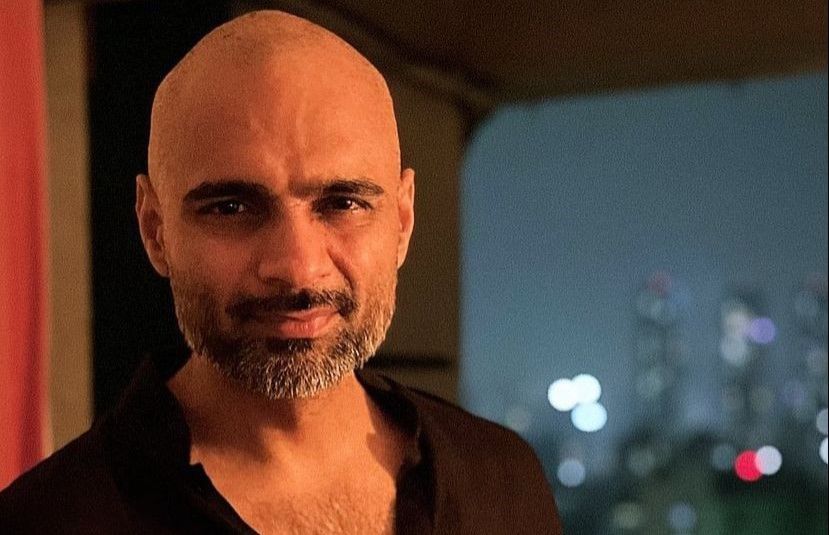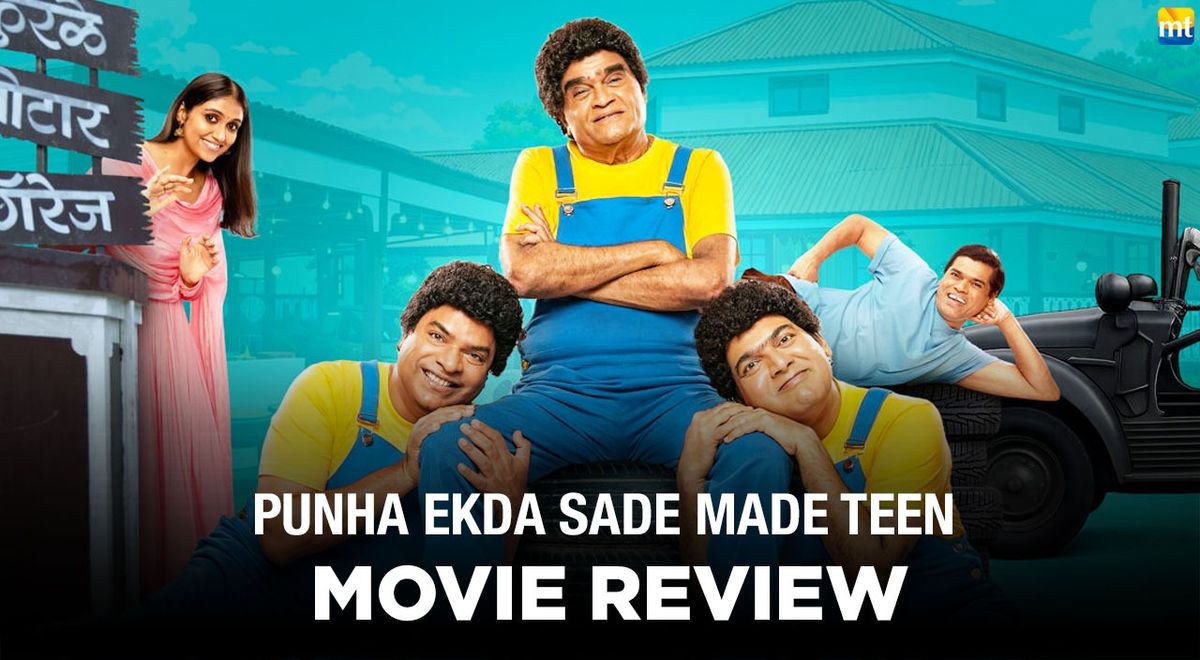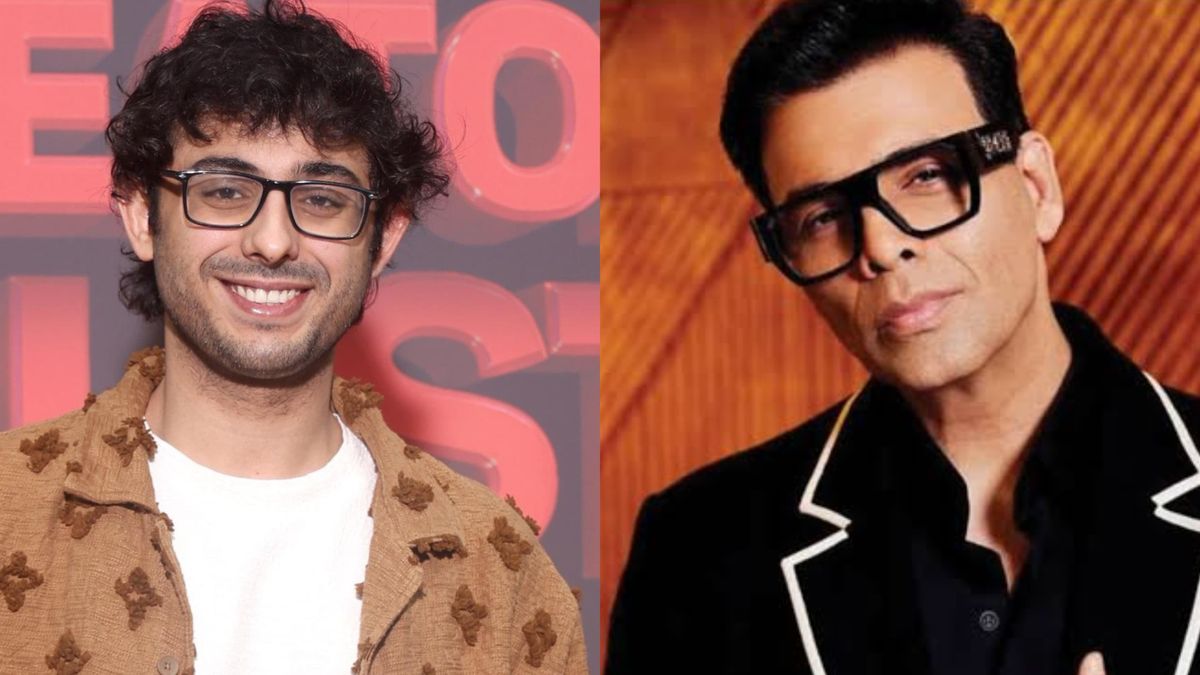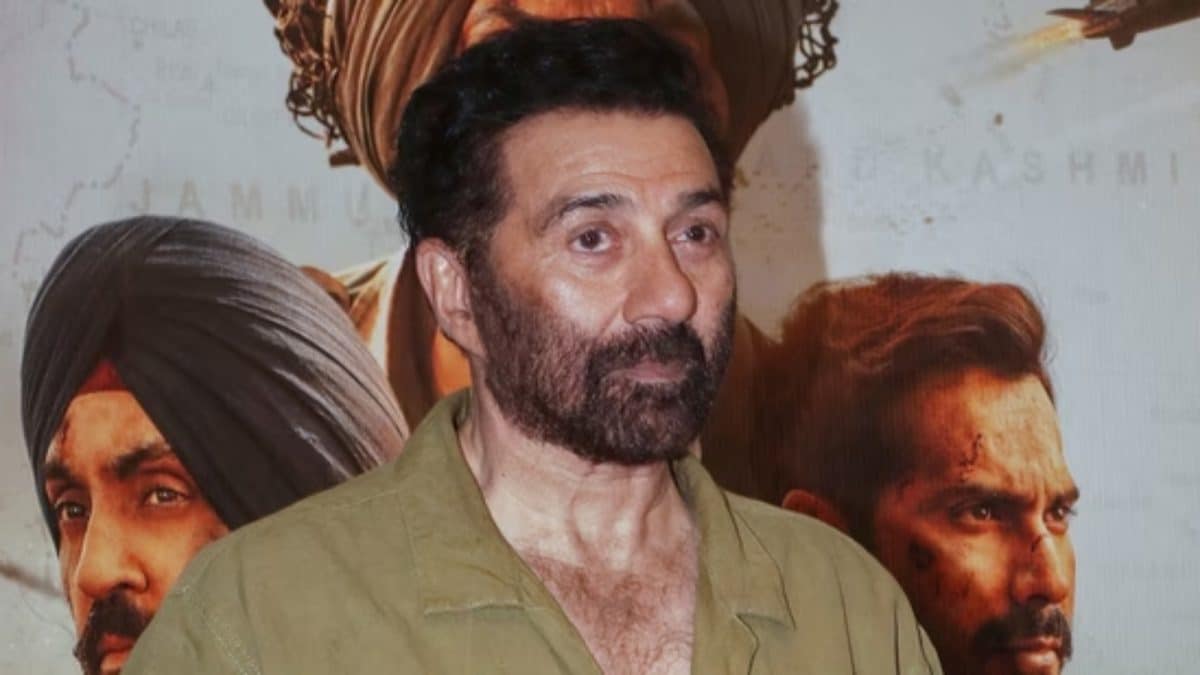
“I feel privileged to be a part of a film like Sitaare Zameen Par” – Divy Nidhi Sharma
As a screenwriter, Divy Nidhi Sharma is having a golden run. The man, who has maintained his position as one of the top writers on Indian television, forayed into films and the streaming space recently and managed to make a mark for himself in these mediums in a very short span of time. After contributing to the script of ‘Laapata Ladies’ last year, Divy wrote some memorable dialogues for Sanjay Leela Bhansali’s ‘Heeramandi’ and Nikkhil Advani’s ‘Freedom At Midnight’.
At the moment, Divy is basking in the glory of ‘Sitaare Zameen Par’. After having a dream run at the box office, the film has just started streaming on YouTube. The film, which showed the journey of a basketball coach training a team of players with special needs, touched the hearts of a large number of people across the country and resonated with the global audience as well. As a part of a unique strategy, producer Aamir Khan decided not to sell the digital rights of the film to a streaming platform. Instead, he decided to put up the film on YouTube and give people the option to rent it out for a nominal fee.
In this interview, Divy talks about what the success of ‘Sitaare Zameen Par’ means to him, what makes Aamir Khan a special producer, the art of adapting a film, meeting the Honourable President of India and more.
Since a long time, there were discussions in the industry and the trade about how only big, tentpole films will work at the box-office. Many were of the opinion that there is no point in remaking or adapting a film in today’s day and age. Some also said that it was highly risky to invest in social dramas. ‘Sitaare Zameen Par’ has broken all these myths very successfully. How do you look at the success of the film?
It feels very good to see the film receiving so much love from the audience. The film has been running in the theatres since the last several weeks and continues to attract audience members. We had hoped for the film to do well. However, when something you had hoped for comes to life in front of your eyes, you feel overwhelmed. I am grateful to the audience for loving and appreciating ‘Sitaare Zameen Par’. I am very happy about the box-office success of the film. However, what gladdens my heart the most is the fact the film brought back families into the theatres. From grandparents to grandchildren, people of every age group went to the theatres to watch the film. After a long time, one saw the arrival of a film which had a universal appeal to it. I feel privileged to be a part of a film like this.
There is another thing I feel very happy about. Through this film, we tried to convey an important message in a very entertaining manner. Looking at the response the film has got, I feel we have been successful in the mission we set out on.
Do you think the success of the film will prove to be beneficial to the industry? Now, perhaps, action and horror comedy would not be the only genres that would be greenlit. Producers might be willing to explore other genres as well.
In the recent past, one has heard a lot of people talk about how films are not doing well at the box-office. If you see the history of Indian cinema, you will realize that every year 60-70 per cent film that release fail to work at the box office. Only 30 to 40 per cent film manage to be profitable. This is now a new phenomenon. This has been happening since time immemorial. There is also this belief that when you are making a commercial film, you have to incorporate certain elements in it. Some people feel a commercial film cannot be made without an item number (laughs).
‘Sitaare Zameen Par’ is a commercial film. We wanted to make a commercial film and that’s the direction in which we walked. When a film has been designed to engage and entertain the audience, it ends up finding its audience. For a while, the market was not willing to put money in certain kind of films. Unfortunately, the ball was never in the audience’s court. The audience does not make the kind of calculations in its head the industry does. A few days before the film released, somebody asked me if the audience is ready for such films. I told him that a film called ‘Achhut Kanya’ had released in the year 1936. The film represented a marginalized community and was received very well by the audience. For more than a hundred years, the Indian audience has been ready to accept all kinds of stories. Now, as storytellers, we have to figure out whether we are ready to tell such stories or not.
A couple of weeks back, Draupadi Murmu, the Honourable Prime Minister of India, watched the film at the Rashtrapati Bhawan. Did she share her thoughts on the film?
Yes, she did! It was overwhelming to watch the film along with Madam President. After the screening was over, Aamir sir asked her what she thought about the film. She said that she loved the film. She was greatly appreciative of the fact that the film represented a section of our society which was largely invisible in our films till date. She congratulated the team for conveying an important message in an entertaining manner. It was an honour to be a part of a project which received the appreciation of the Honourable President of India.
‘Sitaare Zameen Par’ is an official adaptation of the Spanish film ‘Campeones’, which released in the year 2018. Many fail to realize the fact that adapting a film is an art.
Yes! When you are adapting a film, you have to keep the cultural context in mind. The symphony remains the same but the words change. It transforms into a new song. Like you rightly said, adapting is an art. A lot of times, people don’t understand the difference between adaptation and translation.
We had to change several things to ensure the audience in India is able to relate to the story. The family system in Spain, for instance, is very different from India. In the film, Gulshan’s mother has a boyfriend. In the Spanish film, the scene ends as soon as they get to know about it. When such a situation comes up in an Indian family, the family members would react strongly to it. Having a follow-up scene where we show Gulshan’s reaction, therefore, was important. It plays out in a comic manner but the emotion is genuine.
The film, in a lot of ways, was driven by Aamir Khan’s conviction. He backed the film very well and promoted it extensively as well. He did not sell the rights of the film to any streaming platform. Instead, he put it up on YouTube, giving the audience the option to rent it out.
We see some certifications on consumer goods. These certifications are put up to ensure the product will be of a certain quality. For Indian cinegoers, Aamir Khan’s name is that certification. He puts his money where his words are. No other producer would have done what he did with ‘Sitaare Zameen Par’. He protected the soul of the film. He ensured we did not do anything that would have an adverse impact on the essence of the story we were trying to tell. Without him, the film would have never reached where it did. In fact, I don’t think this film would have been made if he was not around.
You have some interesting projects lined up for release. Apart from the film ‘Nakhrewaalii’, which has been co-produced by Aanand L Rai and Jio Studios, you have also written a series for JioHotstar which features Divya Dutta in the lead role. You also have been writing ‘Anupamaa’, one of the most successful shows on Indian television at the moment.
It feels good to be working on multiple projects at the same time. I just hope the audience keeps appreciating the work I do.
Publisher: Source link

A Sade Made Teen-Style Fun In A Golmaal Again World



